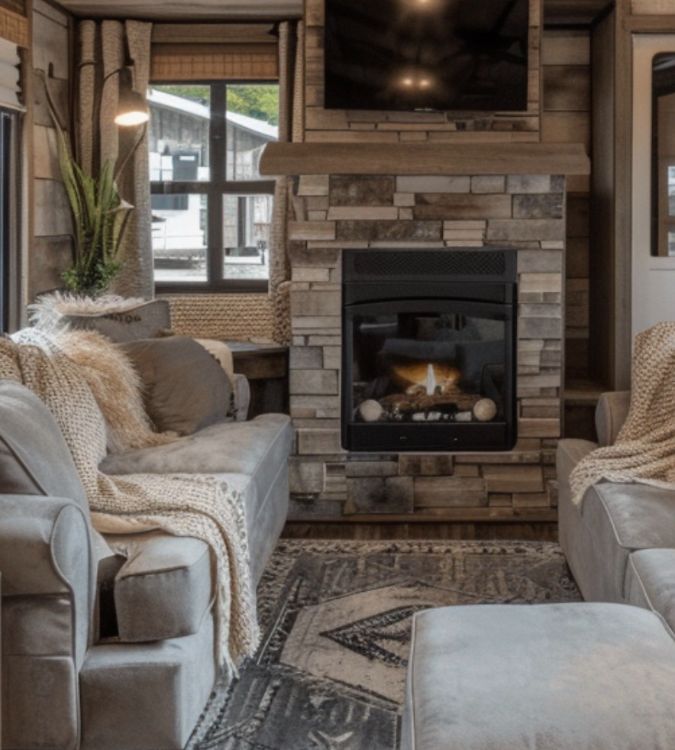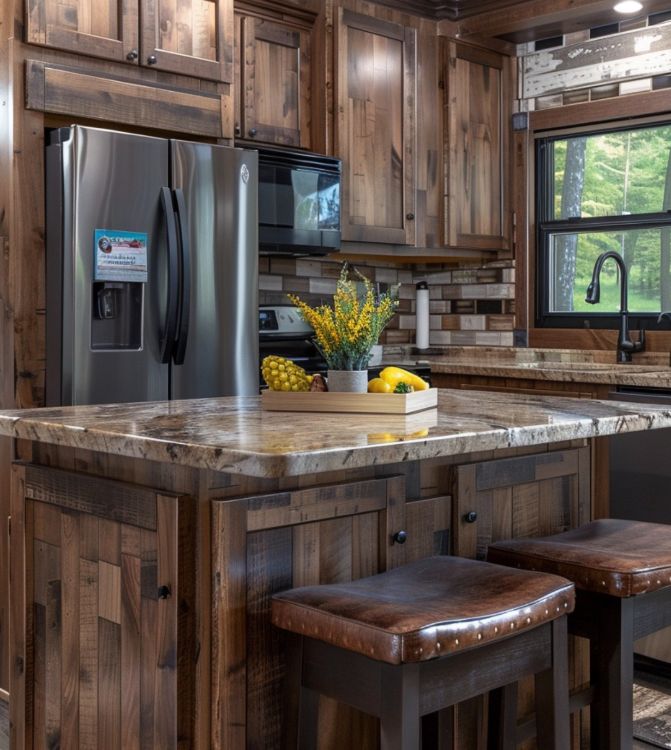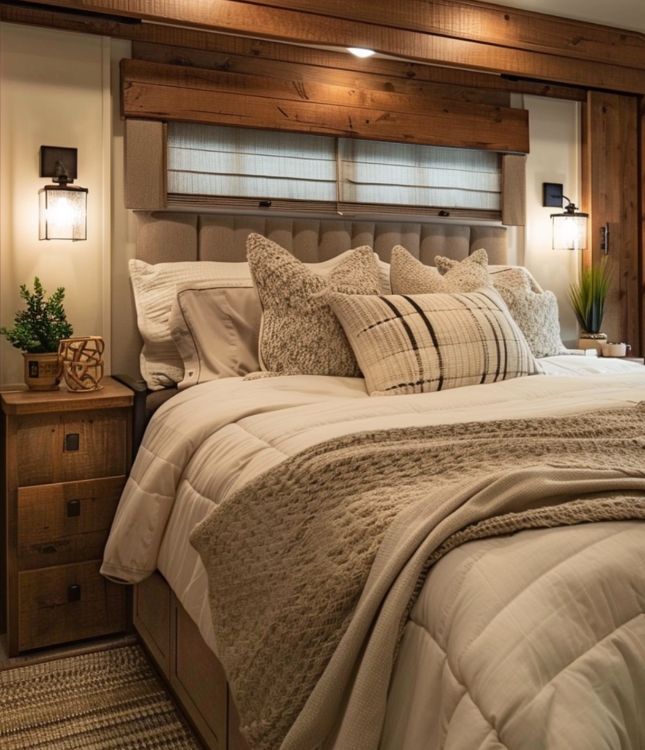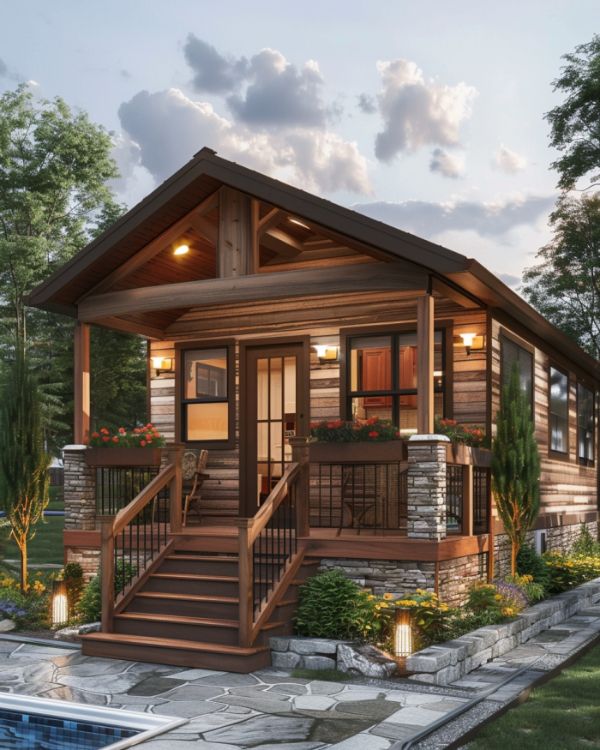Ethan had once lived a steady, ordinary life. He worked long shifts at a factory, paid his bills on time, and found small joys in weekends at the park or dinners with friends. But when the factory closed, the paycheck that kept him afloat vanished overnight. At first, he told himself it was temporary — he would find another job, another place. But weeks turned into months, and with no income, his savings dried up. Rent went unpaid, and soon the apartment he once called home slipped away.
What followed was a spiral of quiet despair. Ethan found himself sleeping in shelters when he could, on the streets when he couldn’t. Nights were cold, days were long, and with every passing week, his hope dimmed. He avoided the eyes of those who knew him, ashamed of how far he had fallen. He whispered to himself in the dark, I used to be someone. Will I ever be again?

The turning point came from a man named Caleb, a local carpenter with a kind heart and skilled hands. Caleb often saw Ethan sitting at the edge of town, and one morning he stopped to ask his story. Ethan shared it reluctantly, expecting pity. Instead, Caleb nodded and said, “You need a home. I’ll build you one.”
Ethan laughed at first, thinking it was just kindness in words. But Caleb was serious. With reclaimed wood, donations from neighbors, and hours of his own labor, he began to craft a tiny cabin at the edge of the forest. Weeks later, he placed a key in Ethan’s hand. “It’s ready,” he said softly.
When Ethan walked down the path and saw the cabin for the first time, his breath caught. The little home stood nestled among tall pines, cedar siding glowing golden in the afternoon light. A porch stretched across the front, complete with a handmade chair carved from oak. Birds sang overhead, and the scent of fresh wood filled the air.
Inside, Ethan could hardly believe his eyes. Sunlight streamed through wide windows, illuminating smooth wooden walls and polished floors. A loft bed tucked beneath the sloping roof was dressed with thick quilts, promising the first real rest he had known in months. Below, a snug sofa sat beside a wood-burning stove, ready to warm the cabin on cold nights.

The kitchen was compact but built with love. Wooden counters gleamed, open shelves displayed neatly stacked dishes, and a handmade table with two chairs sat by the window, overlooking the forest. For someone who had eaten from plastic containers on park benches, the thought of cooking in his own kitchen felt like a miracle.
The bathroom carried the same sense of care. Tiled walls sparkled, fixtures shone, and for the first time in a long time, Ethan had the dignity of privacy.
But what struck him most were the details: cabinet handles carved by Caleb himself, a woven rug near the stove, a vase of wildflowers on the table, and a note that read, Welcome home, Ethan.
Ethan sat down on the sofa, his hands shaking as tears streamed down his face. He had expected four walls. What he had been given was hope.
In the weeks that followed, Ethan’s life began to change. He found small jobs helping neighbors, tended a little garden by the porch, and filled the shelves with books and keepsakes. Each morning, he woke to birdsong instead of traffic noise, to sunlight instead of cold concrete.
The tiny cabin was more than shelter. It was dignity restored, hope reborn, and proof that one person’s hands and heart could rebuild another’s life. For Ethan, it wasn’t just a house in the woods — it was the dream he thought he had lost forever.


Leave a Reply